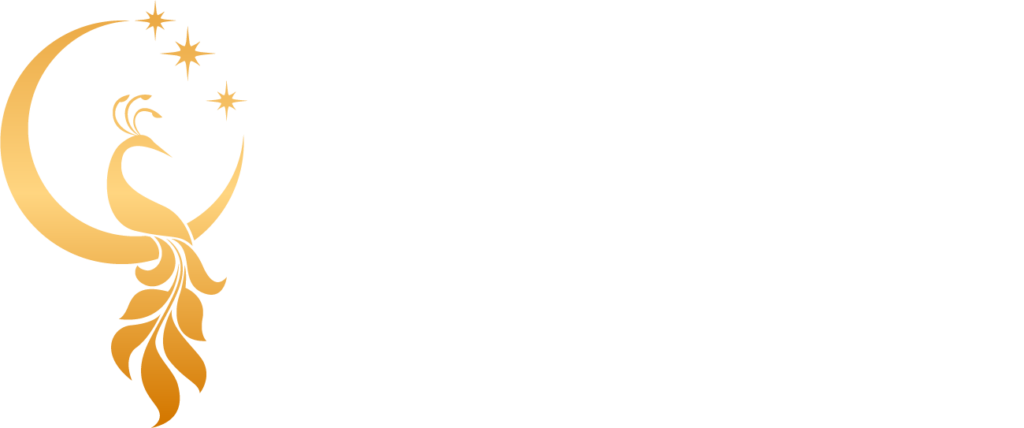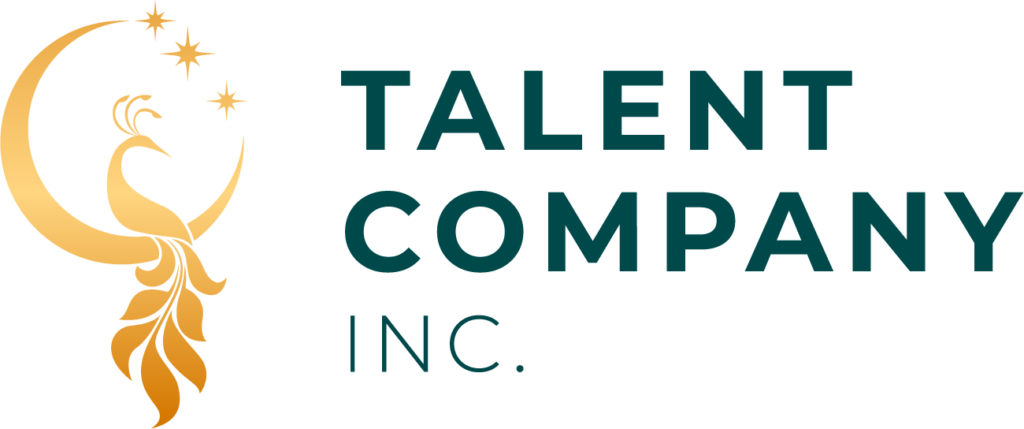Every now and then, I’ll come across someone suggesting that we replace the traditional resume with LinkedIn profiles. In fact, the dialogue has been going strong for at least five years, and it shows no sign of abating.
My answer is a resounding “heck no”, and here’s why.
LinkedIn Kinda Sucks
At least, some people think so. It’s not a secret that a lot of people have deleted their LinkedIn accounts to hide from recruiters. I personally find that I get a lot of value out of LinkedIn, but that’s because I pick and choose where I spend my time and I’m aware of its shortcomings as well as its advantages. If you run a Google search for the phrase “LinkedIn sucks”, you’ll find thousands of results including articles and discussions on sites like TechCrunch, YCombinator and even LinkedIn itself. One writer went as far as to list six reasons why LinkedIn sucks as told through memes.
A lot of the most in-demand professionals are turned off by LinkedIn. They’re sick of being cyberstalked by recruiters (I promise that I don’t do that), and they’re sick of people pretending to be thought-leaders with updates like the one shown below.

But as valid as these reasons are, they’re not the biggest reason why you shouldn’t let your LinkedIn profile replace your resume.
Trading Convenience for Power
Letting LinkedIn replace your resume trades convenience for power, and it’s the professional equivalent of only ever shopping on Amazon and only ever buying the products that it recommends. It might seem convenient in the short run, but in the long-term, it leaves you backed into a corner.
LinkedIn should be seen as what it is – a useful tool to communicate your personal brand and to stay in touch with your professional network. It’s already the world’s largest business social networking site. There’s no need for us to also make it the world’s only custodian of resumes.
Applying for jobs is a personal process, If we take resumes away, we’ll end up losing that personal touch and handing all of those decisions to an algorithm, and when we make hiring decisions we’ll just have to hope that the algorithm got it right, even if we don’t know how they work.
There’s also the thorny issue of diversity. Research shows that only 50% of college students have a LinkedIn profile, and that 57% of users are male versus 42% who are female. This means that it’s more likely that men will be actively recruited.
Even if these stats have increased through the pandemic, there’s still a long hill to climb. Switching so that we only use LinkedIn could take us in the wrong direction, widening the gender gap and discriminating against people who don’t use the platform.
Everybody uses LinkedIn, and so if LinkedIn becomes a replacement for resumes, we’re alienating those people by either ignoring them completely or by forcing them to join a social network that they don’t want to use. Not everyone wants to be a LinkedIn rockstar with a Mohawk.
Heck, my husband is an accountant and he’s not on LinkedIn. I have successful engineering friends who don’t use it because they don’t see the value and they’re sick of logging in to dozens of messages from recruiters.
The Value of Resumes
I’ve had people who’ve applied to job ads with their LinkedIn profiles and their names came up as “Mental Health” and “Human Resources” because those were the industries they worked in. I wish I could say I was kidding!
Resumes are more personal, and not everyone wants to put everything on their public LinkedIn profile. It can also get awkward when people update their profiles. You might as well send out a message saying, “Hey boss, how do you like my updated resume? I’m looking for a new job, can you give me a recommendation?”
With that said, resumes don’t have to include everything, and I’ll happily consider a jobseeker who applies without one. At the end of the day, they’re useful tools for getting to know a candidate, but sometimes a Zoom session can do the job just as well.
Remember that , LinkedIn’s goals aren’t necessarily aligned with those of the recruitment industry. It exists to make money. So while recruiters have the goal of creating great candidate experiences and making it easier for leaders to fill job roles, I’m not convinced that LinkedIn is prioritizing the same thing.
In their defense, some of LinkedIn’s changes have been outstanding, and LinkedIn Recruiter and LinkedIn Sales Navigator are excellent tools. However, at the end of the day, we live in two different worlds that are full of different opinions and ever-changing goals. Our individual talent needs are too important to trust a single company with.
We definitely need to leverage LinkedIn as a key source of talent. We should just be careful of giving them too much power.
Of course, if you want to tell people to forget resumes and to manage your systems so that people can only apply with their LinkedIn account, that’s up to you. We should all have the freedom to make the decisions that we think are best for our businesses.
The problem is that if we all do that and we all tell people to ditch resumes, we might be taking a risk that will bring about some unintended consequences that none of us want.
We might be trading convenience for power, and that leaves us out of pocket and LinkedIn pulling all of the strings. If you ask me, that’s not a risk that’s worth taking.


